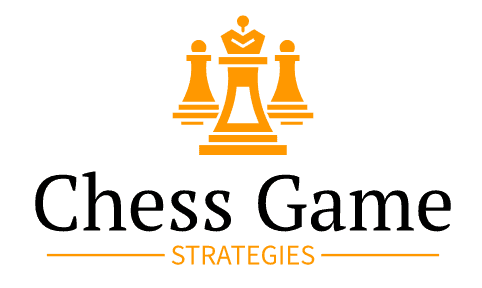
Mastering a game or sport takes a great deal of practice and, depending on the choice, even a bit of talent may be required before a player can be considered a great one.
Chess, for example, demands a lot of study, time, and practice and, to be mastered, a few extra skills will also have to be developed. But how do beginners get to the higher levels and rise through the ratings?
What Is A Chess Puzzle?
While most people believe that the only way to practice is by playing matches, players, students, scholars, and many others invest time, and even money, in designing ways to develop the quality of their game.
It is true that playing matches should give you a broader perspective of the game and allow you to learn how to play against opponents with various different styles.
In fact, most of the in-game aspects should be better worked by playing actual matches, instead of burying your face in books.
That is where chess puzzles come into the fold. Some of the skills required to become a great chess player, or at least an above-average one, can be better learned by constantly exercising positions, reactions, and visualization, for example.
Puzzles can deliver that same experience and allow players to work specific abilities through quick repetition of scenarios.
So, differently from playing a whole match against an opponent, chess puzzles present players with scenarios on the board in which a task is assigned and the player has to find the best possible way to complete the challenge.
How Do Chess Puzzles Work?
As mentioned before, learning chess is not about burying your face in books and past games’ scores but also about developing skills and abilities that help you better face the difficulties of a real match. Puzzles are extremely helpful for that matter, and they have several forms.
While the most common puzzles involve reaching a checkmate position in the lowest possible number of moves or in the shortest possible time, these are far from being the only options.
There’s a myriad of challenges designed to help players develop certain skills. Among the most sought-after are tactics puzzles, in which players have to get the biggest possible material advantage in a reduced number of moves.
Endgame studies, in which white has the first move and should look for either a draw or a win are also fairly common.
Moreover, most web pages that offer chess puzzles have filters that allow players to choose the starting difficulty, which, as the player evolves through the puzzles, tends to become harder.
So, if you’re looking for an efficient way to work specific skills without having to hope to find the situations that allow you to work that skill on an actual chess match, try going for puzzles.
They are all over the internet and there are even pages that specialise in analysing and commenting on the possible ways of beating a puzzle.


